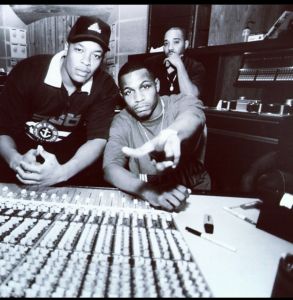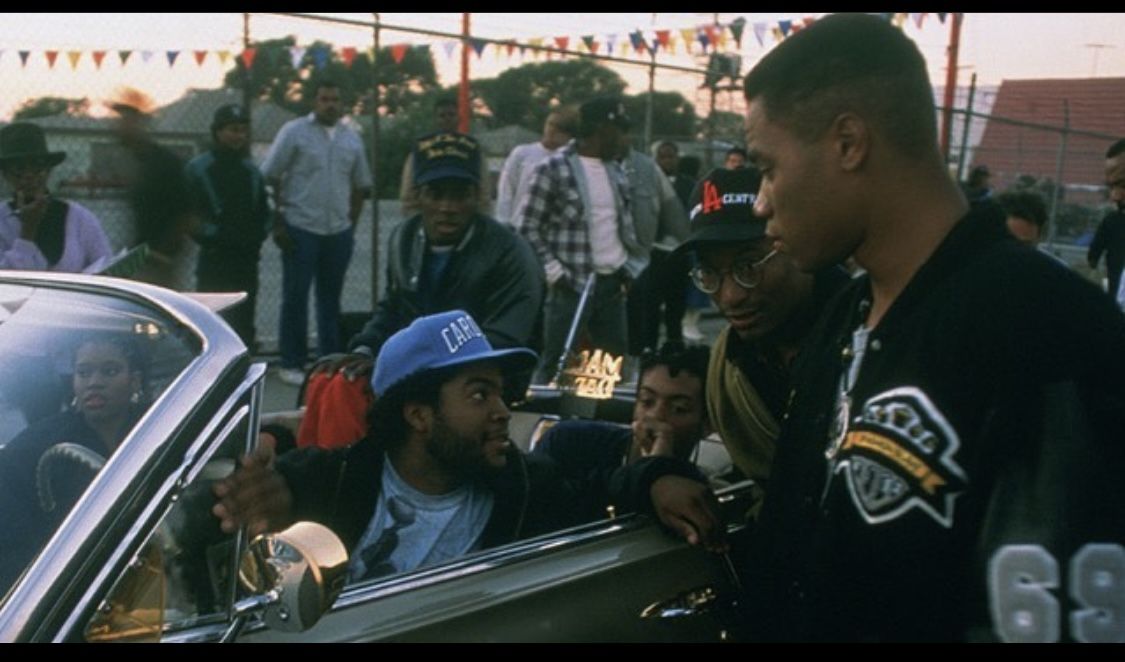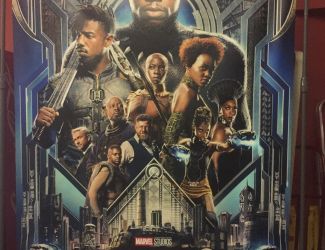Does everyone have a different definition of what black culture is?
What is truly the image of black innovation that has been portrayed in media and influenced entertainment? From viewing films and mass media, people may not even realize that they are getting such a limited view of who black Americans really are.
While it’s essential to keep in mind all of the oppression that has been fought by African Americans for generations for civil lifestyle when diving into this topic, much of African American history has gone untold. One can vividly see how poets, musicians, filmmakers and different types of artists have reflected on their struggle in their work, but how have the big companies promoted and encouraged this?
There are negative consequences of spotlighting only a few pieces of black history. One student said the stereotypical portrayal of Black Americans in film does not reflect true Black American culture.
“It’s no secret that there are certain roles in movies, skits that revolve around what’s looked at as ‘humorous’ in our culture and messages in music, that are pushed out more than others that can get stereotypical,” Malik Bailey, junior psychology major, said. “And in a way, these companies and social media websites know these things but still want us black people to be painted a certain way that doesn’t tell the full story of our culture.”
The trend among production studios and music recording labels to hone in on the oppressive and negative parts of history has proven to be profitable, but at what cost? Once film production studios and record labels discovered what audiences viewed as “cool” and black, profiting off of the traumatic stories of the black man in America seemed a more accessible and more profitable direction for them to turn to for decades.
For example, start with film. Look at the aggressive, inner-city based films that started in the 90s such as Boyz N the Hood, Menace II Society, Juice and many more as there are still shows and films being released along those lines up to this day, as well as the many slavery and civil rights films that exist that are still very important.
The historic content in these films are valuable.
There’s nothing wrong with these types of films, but where the issue lies is that mostly all-black casts seem to have been only used for stories that many Americans have associated with “black culture.” Black culture is much more than
the negative aspects that are presented to the world in entertainment.
Luckily in recent years, more types of black-led roles and films have made these opportunities more accessible such as 2018’s Black Panther based on the Marvel comic, and other recent films such as The Harder They Fall and Us which are putting things in the right direction from the standpoint of certain African Americans.
“I don’t see myself casting a white dude as the lead in my movie, not that I don’t like white dudes,” Filmmaker Jordan Peele said. “But I’ve seen that movie.”
Some did take offense from the Get Out and Us filmmaker when he said this back in 2019, in which he was only trying to make a point of how he’s dedicated to bringing minority actors to the spotlight with more diverse roles.
Similar to music, African Americans have been evolving and putting their twists on it throughout the 20th century. It is no secret how major record labels have found ways to snag the rights of creator’s work for decades, which has been most apparent with the hip-hop and R&B genres.

Gangsta rap has taken fame even beyond the control of the US government who tried to put a stop to it when N.W.A first hit the scene. In modern times and what makes this troubling, is that yes, this type of hardcore rap has always been a beloved part of hip-hop culture, but these corporations and the mainstream have decided to push that type of sound to the forefront more than ever, in a blind effort to keep feeding it to both inner city and suburban middle class consumers.
This can result in continued stereotypes of what makes a community and music genre black and in style, that further adds labels on the culture that is hard to shake off because of the mainstream. This resonates with the black youth the most who are believing more and more about how they should act based on media expectations.
Once again, there is nothing wrong with the music and movie entertainment examples that were given, as there is value and enjoyment that black folk can take away from all of these pieces of work.
The discussion at hand is about diversifying and mixing up the things that the black community can stand for in the media, which appears to be a bit overdue in film and fading away in music.
This has proved to be essential because at the end of the day, African Americans aren’t even the ones that are profiting the most off of their “culture” as you start to look even more below the surface.




